Pandemic or Scamdemic? Was there ever a virus at all – wet meat market or lab-leaked or just mislabelled flu or none of the above? And does it matter if we are all agreed that it was the response that killed?
Propaganda

Book Review: Managing A Pandemic
HART’s book reviewer turns to black humour:
Derek calls Yin at the national broadcaster again.
“We need to stop people questioning our lockdown policy… we will run a story comparing [this] to the Black Death. And release a daily stats bulletin exaggerating the number of people it has killed, using the questionable assumption that all deaths where the deceased tested positive for the virus within the past 30 days were indisputably caused by the virus. That should frighten people into compliance”.
“I’m not sure that’s wholly objective”, ponders Derek. “But I like it”.
Managing A Pandemic, published in 2025 by Berishmak
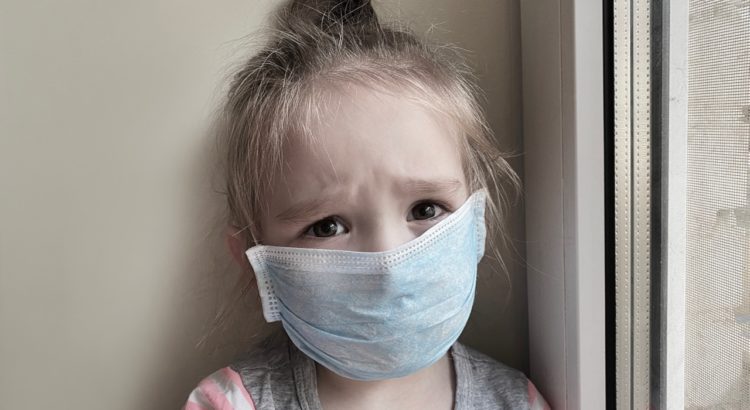
Let’s not forget the mass casualties of the covid RESPONSE – Part 2
Psychologist Dr Gary Sidley presents many personal testimonies to the negative consequences of extraordinary restrictions and practices during the covid event. Generalised descriptions often fail to impress upon the reader the extent of suffering and turmoil endured by the victims of these draconian interventions. Accounts from the Scottish Covid Inquiry (SCI) and other sources convey the depth of emotional impact of these impositions upon ordinary people.
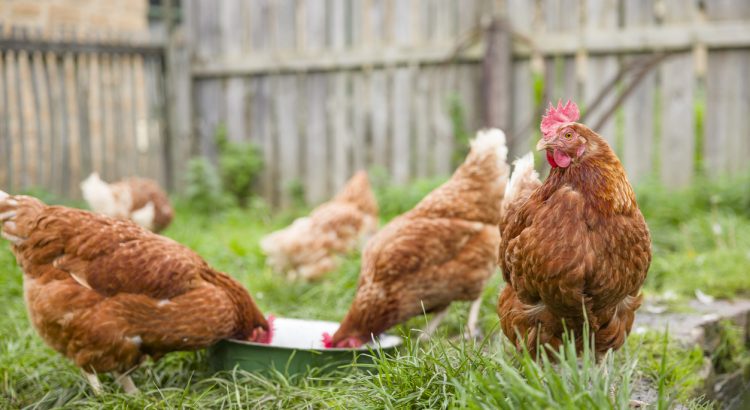
One million chickens culled
One million chilckens culled at a family farm in Shrophire and England and Scotland now labelled as an Avian Influenza Prevention Zone (AIPZ). Is this the fearporn starting all over?

America’s Medical Monopoly: An Injection of Truth
The General Medical Council (GMC) is in overdrive, with medical professionals being erased from the register for ‘wrongspeak’. Yet this is not a new phenomenon. If we delve into the history of how our existing ‘medical monopoly’ was established, it is an all too familiar disturbing playbook of censorship, corruption and subversion of ethics that spans over 130 years in the making.
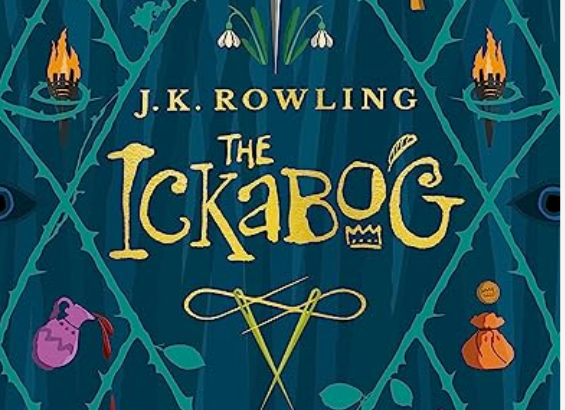
The Ickabog by JK Rowling: A Review
“What must happen for evil to get a grip on a person, or of a country, and what does it take to defeat it? Why do people choose to believe lies even on scant or non-existent evidence?” This was the foreward to JK Rowling’s account of life in the mythical country of Cornucopia. Our reviewer invites readers to think of any modern day parallels.

Were the unvaccinated treated (literally) differently from the vaccinated?
If the unvaccinated were treated differently from the vaccinated, yet another bias could creep into the outcomes.
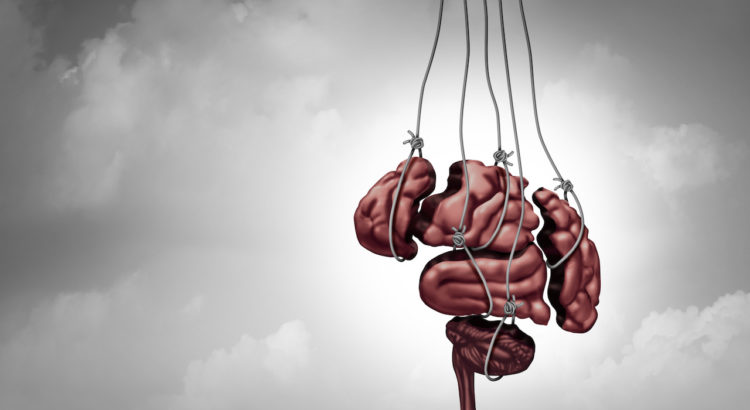
Governments always know what’s best for us
” In every sphere of daily life, our thoughts and actions are being manipulated, often covertly, so as to align them with what the state’s technocrats have deemed to be in our best interests; openness and transparent attempts at persuasion are no longer deemed necessary.” Does this describe Britain today?

The Good Fight
A heart felt rallying cry to stop attributing blame and start focusing on how each of us can make a difference. We’re all different, but in essence, as long as we’re all fighting for humanity, then we’re all on the same side, we are all allies.

Mainstream media continues to act as the marketing arm of Big Pharma
This episode actually illustrates all that is wrong with our relationship with Big Pharma. The first thing that anyone who wants to critically analyse these statements should do is find the actual study paper itself. All that can be found is this brief paper, actually published in November last year.

Gender ideology: What’s happening in the rest of the UK?
Gender ideology has been topical in England in recent years, with significant happenings, such as The Gender Identity Development Service (GIDS) at the Tavistock Clinic closing, the banning of puberty blockers being prescribed to children, and the release of the recent CASS report, which highlighted the lack of a clear evidence base for allowing children to change sex. In a further shift of policy, NHS England has rightly stated that biological sex is fact and should be respected in hospital settings.

Book Review – Will Ellsworth-Jones’ We Will Not Fight (2008)
Like with so much history that is shrouded by the mists of time, the detailed tales of the thousands of British men who refused to fight in the First World War make for fascinating reading. These conscientious objectors came from all walks of life – socialists, communists, pacifists, Quakers, Jehovah’s witnesses, Methodists, the Bloomsbury Set – and found a unity of purpose in their protest, allowing them – for a time being at least – to put aside quite substantial ideological differences.
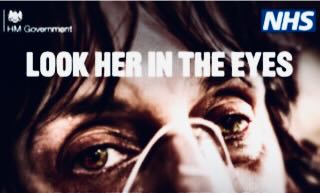
What authority would scare and shame an already frightened population?
In the knowledge that people are already in a state of heightened anxiety, what government would choose to further frighten and shame them? When citizens have amended their lifestyles in order to function under difficult circumstances, what government would seek to actively disrupt these necessary and understandable adaptations?

The Smallpox vanishing Act
The primary beliefs of vaccinology are that it is possible to educate the immune system to protect against disease, that vaccines are safe and that smallpox was eradicated. It is quite possible to be very confident about the first points and still be able to question the evidence for the last one.

BIT Coining it – The private profiteering of state-sponsored propaganda
Once upon a time (2010 to be precise), somewhat unexpectedly in a Rose Garden in Westminster, a bromance blossomed. The honeymoon couple – call them Cameron and Clegg – fell out of love in short order, but the unhappy union limped on for a fixed term of five years and a day, during which time many a policy decision was made that was neither fish nor fowl, neither blue nor yellow.

Gove’s Ministry of Truth Reporting for Duty
For those paying attention to the rising tide of totalitarianism here in the UK, the latest from The Ministry of Truth, AKA HM Government should really make your blood run cold. Michael Gove has now overseen the redefining of extremism.
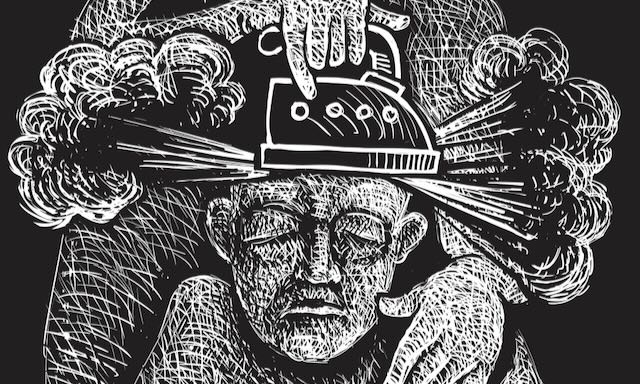
NUDGE DENIALISM: Why are the state’s psychological experts distancing themselves from behavioural science?
The state’s reliance on behavioural science strategies – ‘nudges’ – to facilitate the public’s compliance with covid restrictions has been widely documented. The many psychologists and behavioural scientists advising the government during the covid event (such as those in the SAGE subgroup, SPI-B, and the Behavioural Insight Team, BIT ) have, reasonably, been assumed to hold a significant degree of responsibility for using these methods of persuasion in communication campaigns

‘Controlled Spontaneity’: government plan for future psychological manipulation of its people
As we enter into a new year, HART continues to retain faith in ordinary people’s ability to resist – and ultimately reject – the march of authoritarianism, and to frustrate the ‘expert’ technocrats’ systematic attempts to influence our thoughts, speech, and behaviour.

